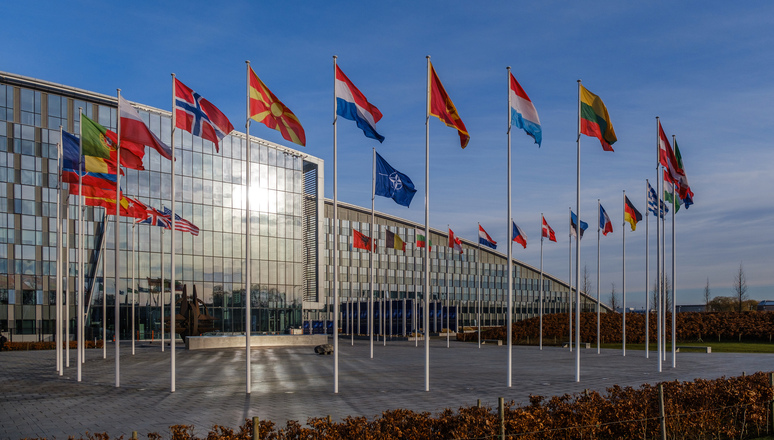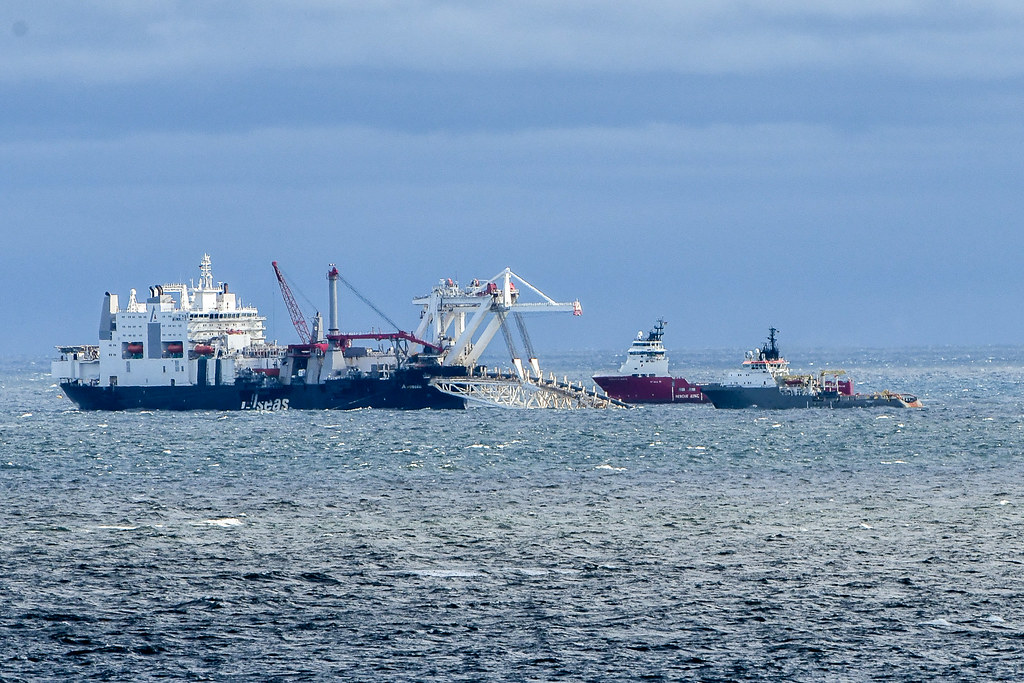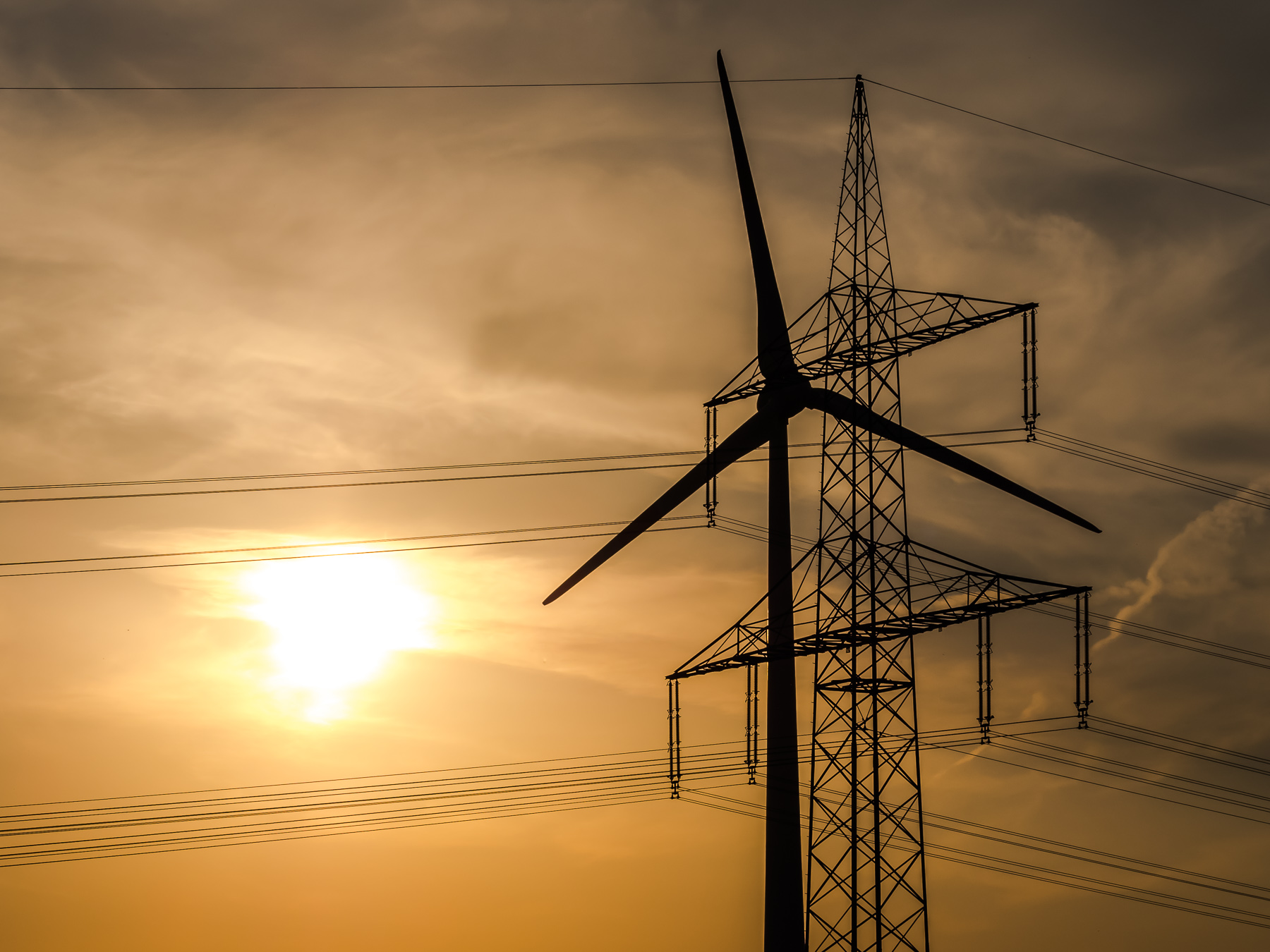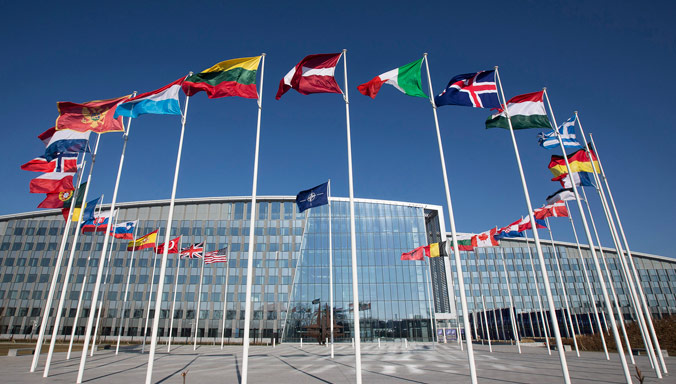Report: The EU-Mercosur Agreement and its Implications for the Baltic Region
Executive summary This report assesses the geopolitical and economic dimensions of the EU-Mercosur trade agreement, with a focus on its implications for EU competitiveness, supply chain security, and global influence. Over the past two decades, the EU has lost trade share in Latin America to China, whose growing presence in the region—particularly in agriculture, infrastructure, and critical minerals—has shifted the balance of power. Simultaneously, the United States has adopted a more protectionist stance, creating gaps in global trade leadership.









